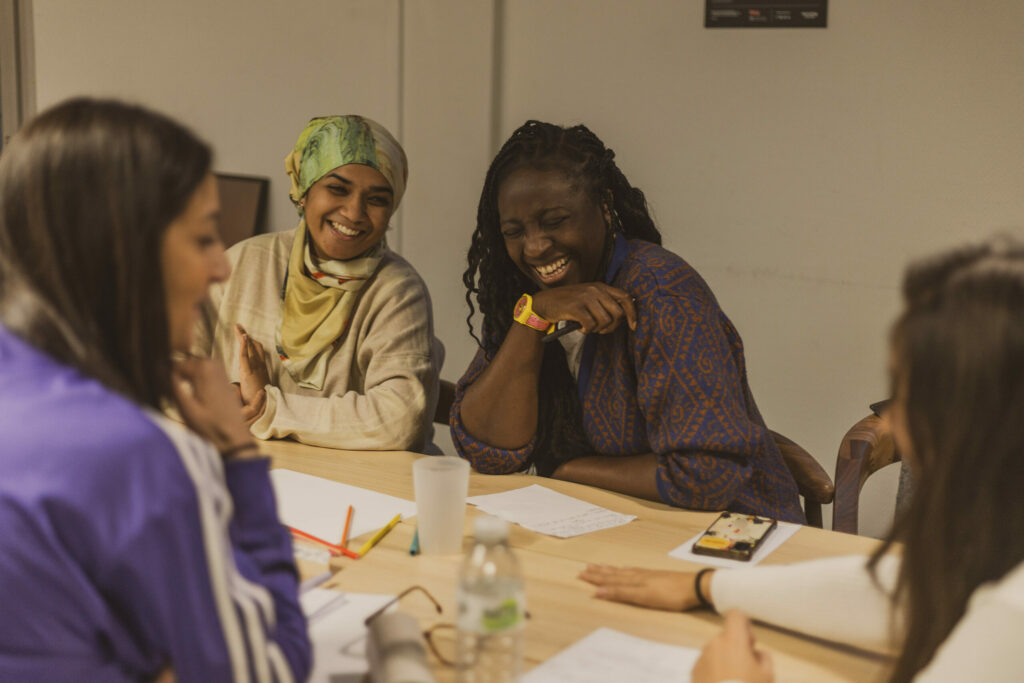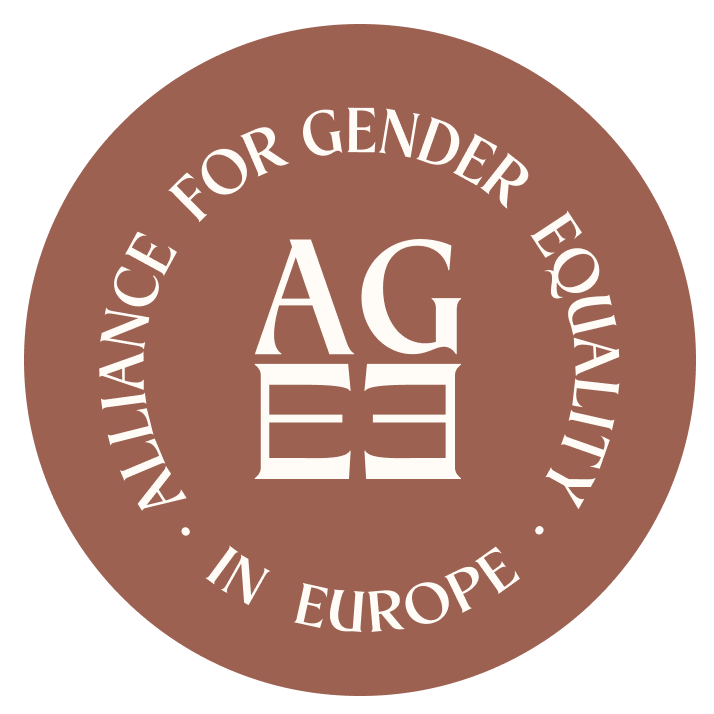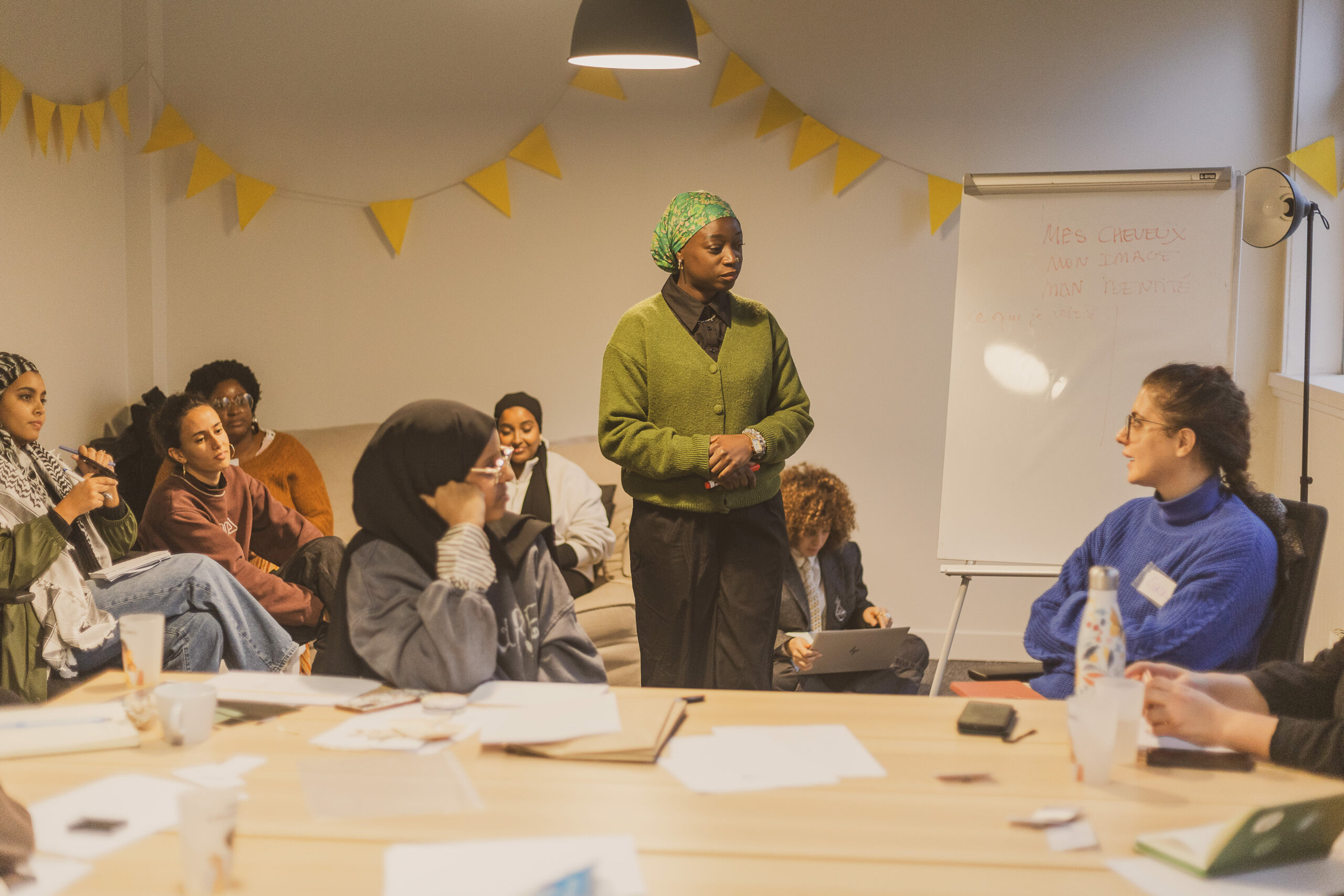The EU Fundamental Rights Agency’s recent report highlights a concerning trend: one in two Muslims in the EU face racism and discrimination in their daily lives.
Based on a survey of nearly 10,000 respondents across 13 EU countries, the findings show that hostility towards Muslims has risen sharply over the past eight years. The proportion of Muslims reporting discrimination, harassment, or violence based on their (perceived) religion, skin colour, or ethnic origin has increased from 39% to 47%.
Muslims face discrimination most often when looking for work or in the workplace. This is also clearly reflected in employment statistics: only 63% of Muslim respondents aged 20 to 64 are employed, compared to 75% of the general population.
This rise in anti-Muslim sentiment is often fuelled by stereotypes and misconceptions, particularly those linked to migration, identity, and belonging, especially in the post 9/11 era.
Gendered islamophobia
Muslim women and girls have been disproportionately affected by islamophobia. “In France, according to the Collective Against Islamophobia in Europe’s 2023 report, more than 81.5% of victims of Islamophobic attacks were women. Gender-based and sexual violence are not isolated and exceptional incidents that arise out of nowhere. This violence is exacerbated by a system that refuses to see them, hear them, and protect them,” explains Nisrine Mbarki, Training and Solidarity Manager from Lallab, a feminist and anti-racist organisation defending the rights of Muslim women in France.
Muslim women experience multiple overlapping inequalities due to intersecting markers such as ethnicity, race, religion, gender, and other factors. Women who are publicly showing their faith are at particular risk of violence and abuse, as well as exclusion from education, employment, sport, and culture. For instance, their employment rate is even lower, with only 53% of Muslim women working compared to 73% of Muslim men.
This has a knock-on effect on other areas of life, such as housing, social services, and healthcare. It also affects how they exercise a number of other basic human rights, such as freedom of religion and expression.
“This is where intersectionality comes into its own: all women can be oppressed, but due to the intersection of different characteristics, some are also oppressed for something other than their gender. Muslim women, for example, find themselves at the intersection of at least three criteria of discrimination: gender, race, and religion,” adds Nisrine.
Although non-discrimination is at the heart of EU treaties and national equality laws, much more needs to be done to ensure effective application and enforcement in practice.
Limited opportunities
Discrimination can begin early in education and vocational training, and can then continue during job recruitment.
In France, one study found that CVs with French sounding names received far more callbacks, with a small but significant difference between men and women, 27.7% compared to 22.6% respectively. However, women with Senegalese and Moroccan sounding names obtained the lowest positive response rates at 8.4%. The study revealed that a woman perceived as Muslim has 2.5 times less chance to be invited to an interview.
Similar trends have been found in the UK, Germany, Belgium, and Italy, with reports of an ‘ethnic or Muslim penalty’ when applying for jobs.
Even after finding a job, discrimination can continue in the workplace. This can take many forms, including harassment and micro-aggressions from employers, colleagues, and clients, and limited opportunities for career progression. These experiences can negatively impact women’s self-esteem and wellbeing, sometimes leading to anxiety, stress, or other health concerns, according to Lallab.
Faced with these barriers, some Muslim women limit their educational and career options. Some opt to become entrepreneurs and start their own businesses on their own terms, while others leave the labour market altogether, according to the European Network Against Racism.
Active changemakers
Media coverage rarely presents Muslim women as having agency. In countries like Italy, France and Denmark, they mostly appear in the media “as victims” and “as weak and oppressed, without the right or ability to think by themselves or take control of their own lives,” while Muslim men are more likely to be depicted as “violent.”
Yet in reality, many Muslim and racialised women are leading important conversations about how to make societies more inclusive, as well as organising in the streets, communities, and workplaces to challenge discrimination and advance gender equality for all.
For several years, Lallab has been involved alongside Muslim women in the fight against discrimination and gender-based and sexual violence. “Lallab’s ideal future is one in which every woman can be herself without fear of being judged, discriminated against, or abused because of her gender, physique, religious affiliation, sexual orientation or origin,” reiterates Nisrine.
Lallab’s POWER programme, supported by the Alliance’s Economic Opportunities Sub-fund since 2023, provides participants with tools to navigate discriminatory education and work environments. It is a grassroots education program focused on skills training, mentoring, and networking that has enabled some Muslim women to start entrepreneurial projects together or broader movements such as unions and associations. In fact, 54% of participants have become involved in collective organisations (syndicates, associations, etc.) after the programme.
But beyond the concrete skills acquired, there are many intangible benefits as well, with participants consistently sharing that they feel empowered, more confident, courageous, and deeply connected to a supportive and joyful community.

This approach has worked for Lallab. By 2025, 30% of POWER participants have already transitioned to new roles in their enterprises, 26% have secured positions better aligned with their skills and ambitions, and 18% enrolled in professional training or launched their own business.
“For Muslim women in diverse life situations – including young women, mothers, and women with disabilities – advancing in their careers is a step towards gender equality. Through our POWER programme, women can start to make choices that really align with their personal ambitions, whether that means taking on new responsibilities at work, exploring new projects, or prioritising self-care and work-life balance, which also creates a ripple effect of solidarity and transformation that extends far beyond the programme itself,” concludes Nisrine.
Lallab is a feminist and anti-racist organisation whose goal is to amplify the voices and defend the rights of Muslim women experiencing sexist, racist, and Islamophobic oppression. It is combating discrimination in France by shaping a world in which women freely choose their own paths to emancipation.
Lallab is open to anyone. Their volunteers include Muslims and non-Muslims, women and men, concerned people and allies working together to gradually improve this world.

